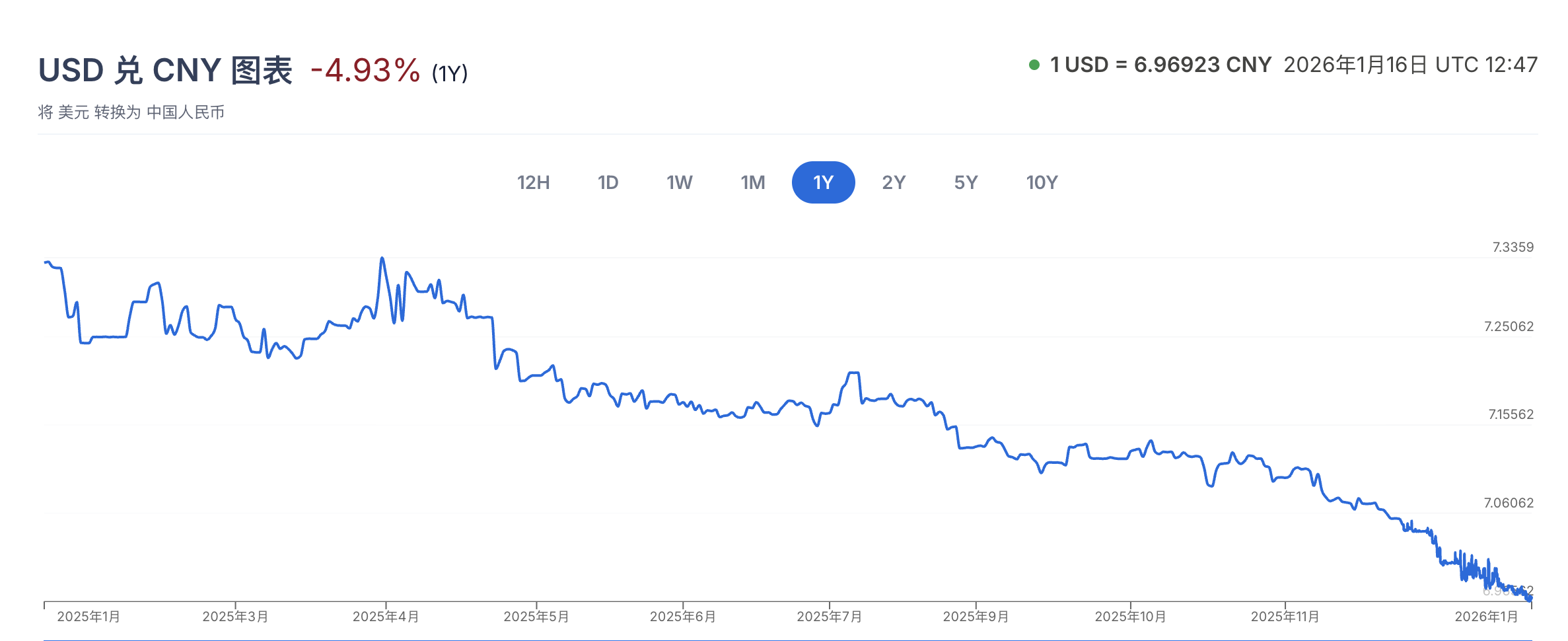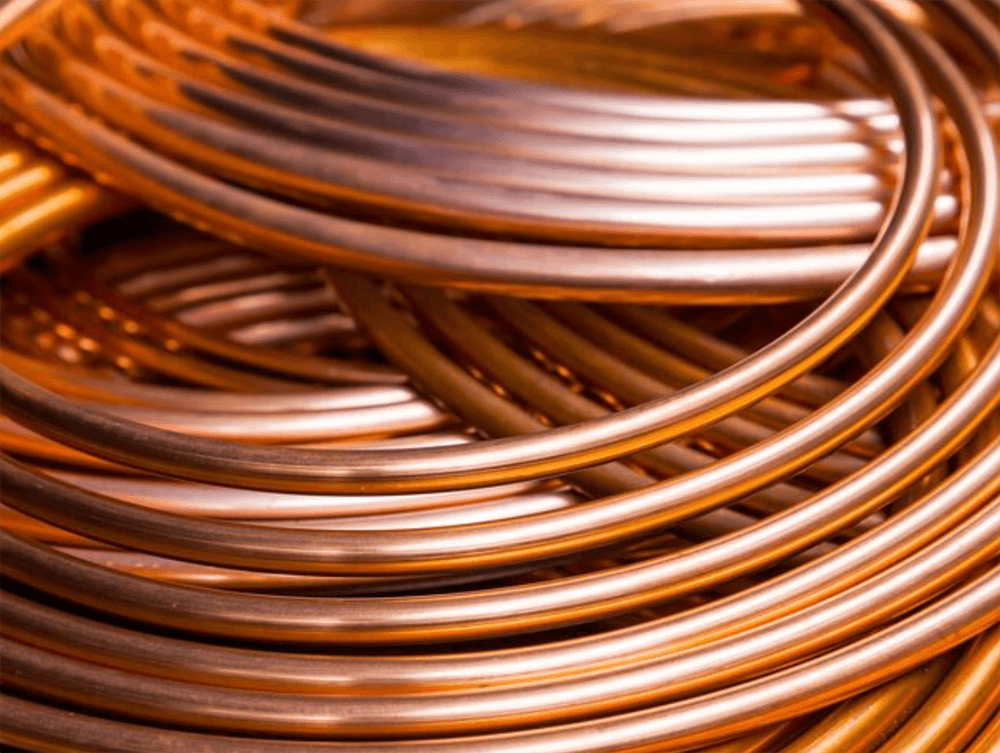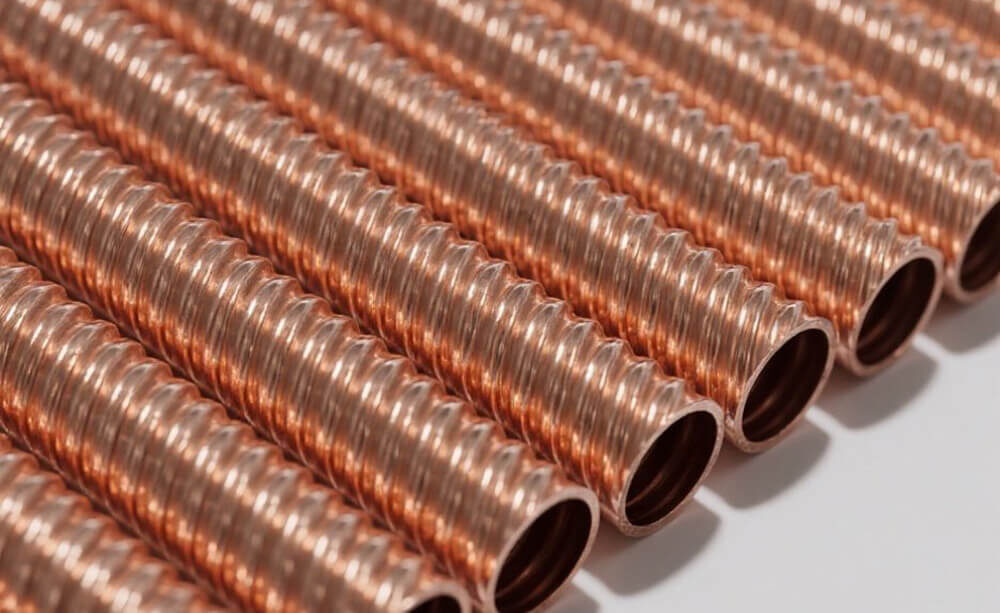In the oil refining industry, efficiency and durability are paramount. The complex processes involved in refining oil, from distillation to cracking, require sophisticated heat exchange systems that can withstand high pressures, corrosive environments, and extreme temperatures. Finned copper tubes have become a cornerstone in this field, offering a range of advantages over other materials, especially when it comes to heat transfer efficiency and longevity.
Why Finned Copper Tubes Are Essential in the Refining Industry
Heat exchangers are integral to many aspects of the refining process. Whether it’s cooling, heating, or recovering heat, these systems are responsible for maintaining optimal temperatures throughout the plant. Finned copper tubes stand out in this arena for several key reasons.
First, copper has an exceptional ability to conduct heat, making it one of the best materials for heat exchangers. This is especially important in the refining process, where the temperature differential between fluids needs to be carefully controlled. Copper’s high thermal conductivity ensures that heat is transferred quickly and efficiently, optimizing energy consumption and reducing operational costs.
The addition of fins to copper tubes enhances this effect by increasing the surface area available for heat transfer. The more surface area there is for heat exchange, the more efficient the process becomes. This is why finned copper tubes are widely used in applications that require fast and efficient thermal management.
The Challenges of the Refining Industry and How Finned Copper Tubes Address Them
The refining process is not without its challenges. High temperatures, fluctuating pressures, and the presence of corrosive chemicals all pose significant threats to equipment. Finned copper tubes, however, are uniquely suited to handle these stresses.
One of the most significant challenges in refining is the constant exposure to corrosive substances. Refineries deal with acids, sulfur compounds, and other reactive chemicals that can degrade materials over time. Copper, being naturally resistant to corrosion, ensures that heat exchangers maintain their performance and integrity even in harsh environments. This makes copper an ideal material for components that need to last in demanding conditions.
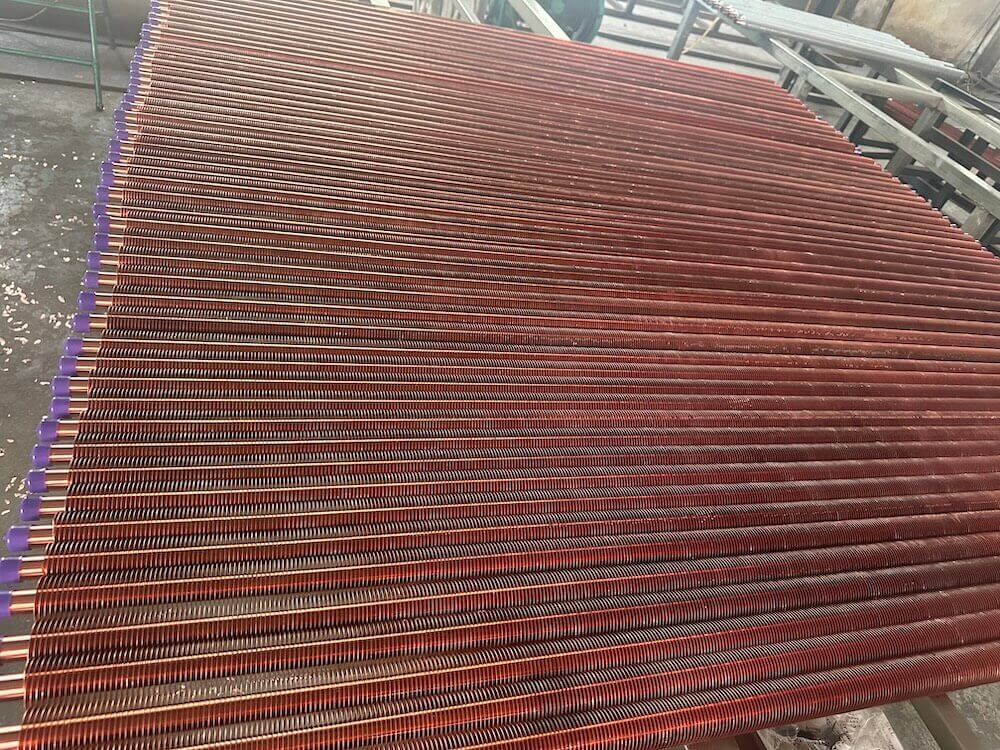
Additionally, the high thermal stability of copper ensures that the heat exchanger system can handle extreme temperature fluctuations without degrading. This is particularly important in processes like catalytic cracking, where temperatures can vary widely.
Increased Efficiency with Finned Copper Tubes
A key benefit of finned copper tubes is the increase in heat transfer efficiency. As refineries strive to lower energy consumption and reduce operational costs, maximizing heat exchange efficiency becomes critical. Finned copper tubes allow for greater heat exchange in a smaller space, meaning they can handle more heat with less volume. This compact yet effective design not only saves space but also reduces the overall cost of installing heat exchange systems.
In addition to space and cost savings, these tubes also contribute to the overall energy efficiency of the refinery. By improving heat recovery processes, refineries can reduce the need for external heating or cooling sources, further lowering energy costs. The energy savings from using finned copper tubes in heat exchangers can be significant over the long term, providing a strong return on investment.
Durability and Longevity of Finned Copper Tubes
Longevity is a critical factor when choosing materials for heat exchangers in the refining industry. Refineries operate 24/7, and downtime due to equipment failure is costly. Finned copper tubes are not only corrosion-resistant but also highly durable. The physical strength of copper ensures that these tubes can withstand the rigors of the refinery environment, including thermal expansion, pressure fluctuations, and mechanical stresses.
Another advantage of finned copper tubes is their low maintenance requirements. Due to copper’s resistance to scaling and fouling, these tubes typically require less maintenance compared to other materials, reducing both downtime and maintenance costs.
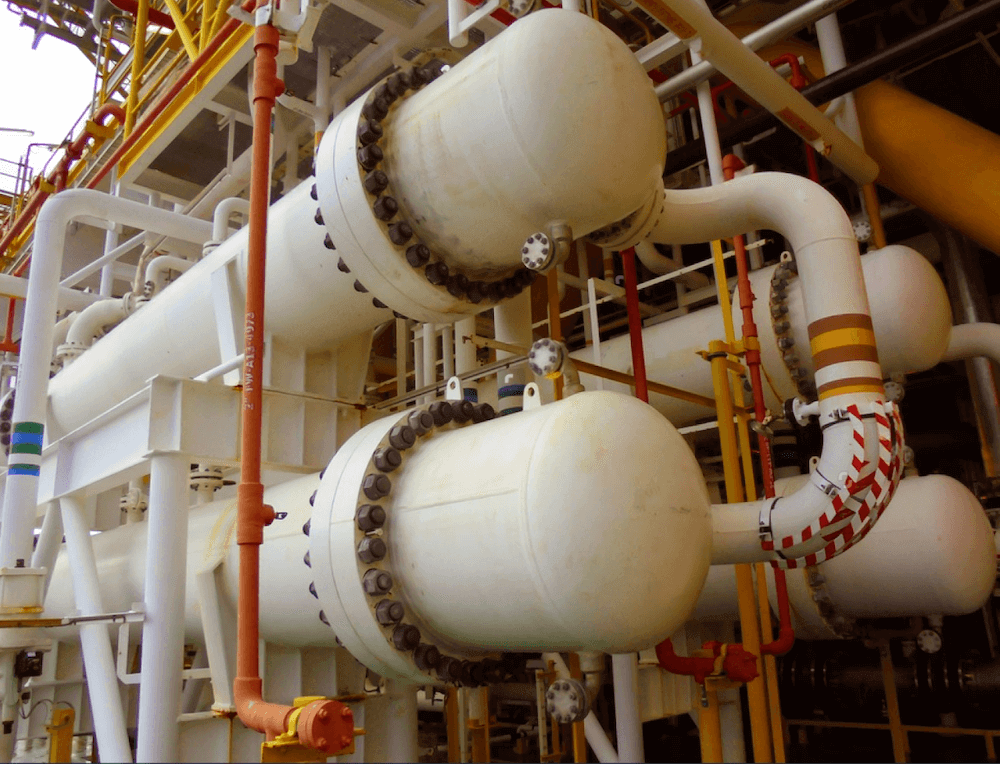
Innovative Applications of Finned Copper Tubes in the Refining Industry
The versatility of finned copper tubes extends beyond traditional heat exchanger applications. In the refining industry, they are used in a variety of systems, including:
- Air coolers and condensers – Finned copper tubes are commonly used in air coolers and condensers for cooling steam or hot gases in the refining process. Their high thermal conductivity ensures quick and efficient cooling.
- Steam generators – Finned copper tubes are also used in steam generation systems, where they transfer heat from the combustion gases to water, producing steam for various refining processes.
- Hydrogen cooling systems – Hydrogen is used in many refining processes, and its cooling is critical. Finned copper tubes are employed in hydrogen cooling systems, ensuring that the gas remains at the right temperature for optimal processing.
Sustainability and the Future of Finned Copper Tubes in Refining
As the world moves toward more sustainable energy practices, refineries are under increasing pressure to reduce their carbon footprint. Finned copper tubes, due to their high efficiency and longevity, contribute to this goal. By improving energy efficiency, they help reduce the overall energy consumption of refineries, leading to lower greenhouse gas emissions.
Moreover, copper is 100% recyclable, which aligns with the industry’s push for sustainable practices. As refiners look for ways to reduce waste and improve the environmental impact of their operations, finned copper tubes present a sustainable solution that also enhances operational performance.
Conclusion
Finned copper tubes are an invaluable component in the modern refining industry. Their exceptional thermal conductivity, corrosion resistance, durability, and energy efficiency make them a top choice for heat exchangers in refining operations. By increasing heat transfer efficiency and extending the lifespan of equipment, finned copper tubes help refineries lower operational costs and minimize downtime. As the industry continues to innovate and push for more sustainable practices, finned copper tubes will remain a crucial part of the solution, offering both economic and environmental benefits.
In summary, finned copper tubes offer a highly efficient, durable, and sustainable solution to the challenges faced in the oil refining industry. Their superior heat transfer properties, corrosion resistance, and low maintenance requirements make them a reliable choice for optimizing refinery operations.

